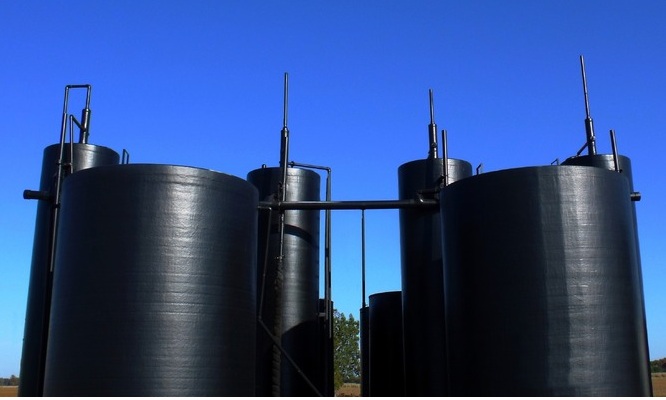In today’s fast-paced world, oil is the most sought-after commodity in the world. It is used for transportation, electricity generation, and as a raw material in the production of various goods. To meet the ever-increasing demand for oil, the role of oil refineries in trading has become crucial. Oil refineries are responsible for converting crude oil into usable products such as gasoline, diesel, jet fuel, and other petroleum-based products. In this article, we will explore the critical role of oil refineries in oil trading.

Table of Contents
Refining Process and Its Significance in Trading
The refining process is the primary function of oil refineries. Crude oil is not suitable for use in its raw form; it needs to be refined into various products that are useful in our daily lives. The refining process involves several stages, including distillation, cracking, and treatment. Each stage is designed to remove impurities and transform crude oil into specific products that meet market demands. The significance of the refining process in trading is evident. It allows crude oil to be transformed into valuable products that can be sold and traded globally.
Global Demand for Refined Petroleum Products
The global demand for refined petroleum products has been increasing steadily over the past few decades. The International Energy Agency (IEA) predicts that the demand for refined products will continue to grow, reaching 107.5 million barrels per day by 2040. This demand is driven by factors such as population growth, economic development, and urbanization. As a result, oil refineries play a crucial role in meeting this growing demand for refined petroleum products.
Oil Refineries and International Trade
Oil refineries are central to international trade. The refined petroleum products that are produced by oil refineries are traded globally, making them a significant factor in the world economy. Oil refineries supply the world with the energy it needs to function, making them an essential component of international trade. The trading of petroleum products is complex and involves several factors, such as transportation, storage, and pricing. Oil refineries need to have a good understanding of these factors to trade their products effectively.
The Impact of Oil Refineries on the Environment
Oil refineries are known to have a significant impact on the environment. The refining process involves the use of fossil fuels and produces emissions such as sulfur dioxide and nitrogen oxide. These emissions contribute to air pollution, which can have a detrimental effect on human health and the environment. To mitigate the impact of oil refineries on the environment, they must comply with strict environmental regulations. In recent years, there has been a shift towards cleaner forms of energy, such as renewable energy sources, to reduce the environmental impact of oil refineries.
Conclusion
In conclusion, oil refineries play a crucial role in trading. The refining process is essential to convert crude oil into valuable products that can be traded globally. The demand for refined petroleum products is growing, and oil refineries are central to meeting this demand. The trading of petroleum products is complex and involves several factors, such as transportation, storage, and pricing. Oil refineries need to have a good understanding of these factors to trade their products effectively. While oil refineries have a significant impact on the environment, they are subject to strict environmental regulations to reduce their impact.




